Is there a comics canon? Do we want a comics canon? Do we need a comics canon?
Yesterday, Sean T. Collins wrote a piece for Thrillest called Best Graphic Novels of All Time which listed 33 titles. I’m sure the title was a bit tongue in cheek, as any one person list is bound to be filled with quirks. Collins is a reliable critic, though, and such a list is meant mostly to start arguments whose very act can only be elucidating. So while there were things I cheered – Daddy’s Girl by Debbie Drechsler! Ice Haven instead of Ghost World! – there were also head scratchers… but really everything on the list is excellent, and Collins did a better job than I would of finding hidden gems – You may never even have heard of Carol Swain’s Gast, but I assure you it is worth seeking out.
But whenever these things come up, the question of canon is raised. Collins avoided the Moore/Miller/Gaiman trap, but he did include Crumb, Kirby and Maus. And I thought he was going to buck the trend, gbut he had to include TWO books by Chris Ware. As well as two by Phoebe Gloeckner, whose Diary of a Teenage Girl was #1. And rightfully so! Just like Wanted and The Infinity Gauntlet it’s been turned int a major motion picture!
PS: not that Ware isn’t the lord of us all, but it’s hardly daring.
Anyway, just by chance, the other day media theorist Henry Jenkins interviewed Dr. Bart Beaty about…comics canon! Beaty’s own new book is called The Greatest Comic Book of All Time: Symbolic Capital and the Field of American Comic Books so he’s grappling with all this too.
Q: Some have worried that a core canon (Spiegelman, Ware, Bechdel, Satrapi, Gaiman, Crumb, Moore, Sacco) has emerged in comics studies prematurely — that too much of the early writing defining the field circles around a small number of writers and works and as a consequence, we are constraining our methodologies and theories to reflect that limited sample. Would you agree?
A: This is the subject of so much of what Benjamin Woo and I wrote about in our book The Greatest Comic Book of All Time!, and I absolutely do agree. In our first chapter we attempted to put some data behind what seems to be a pretty common understanding about comics studies: that it has been thoroughly concerned with a small handful of creators and works published over the past thirty years. In the book we surveyed the field of scholarly publishing on comics in order to demonstrate just how narrow the work being done can be. What we found is that comics studies is disproportionately concerned with a very small handful of creators and texts in comparison to cognate fields. So, yes, I absolutely agree with that.
I also think that you touch on something more important here, though, which is the theoretical and methodological restriction that are currently being applied to comics. I think I would first say that to my mind there is a much greater theoretical diversity within the field at present than a methodological diversity. Consider empirical approaches to comics. While there is an increasing amount of work being done using empirical methods it is notable that most of the key players in that area can be brought together at a single conference next year in Bremen. To take another example, if we consider how much work is being done on comics that would require an ethics application because it relies on human subjects, I think the number of projects would be extremely small.
First off, I’m thrilled tat Satrapi and Bechdel are canon now, since it was an uphill battle. As little as 12 years ago there had never been a great women cartoonist! Now there are dozens.
Still, people do get mired in the “pap pap” or even “meemaw” expectations, as Beaty says:
The other option is the much more difficult one – possibly an impossible one. When we argue that our understanding of notions of inherent quality are simply ideological constructs that have obscured our understanding of how culture operates is more vexed, and to suggest that we fundamentally reshape our curricula, indeed the very basis of our disciplines, is just a non-starter for most people. It is an almost impossible task. In my own department the suggestion that there are not certain writers who “have to be” taught makes people think that you’re completely naive.
The interview is on’t part one so more discussion to come. To me, the idea of broadening the “comics canon” beyond the well trodden road is an exciting one, even if any canon is limiting. But some people need a roadmap. The good thing about a GOOD list is to get people talking and thinking. If any of this inspires folks to seek out a book they hadn’t thought of reading before, mission accomplished.


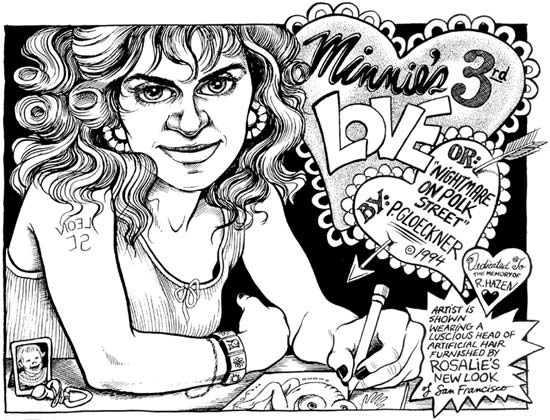
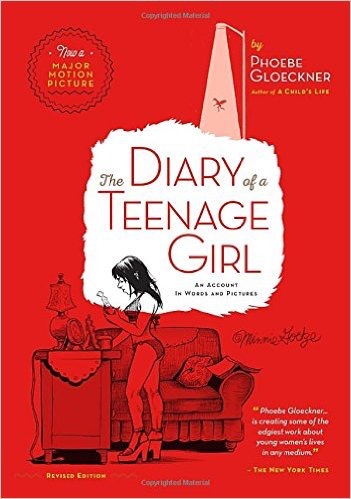
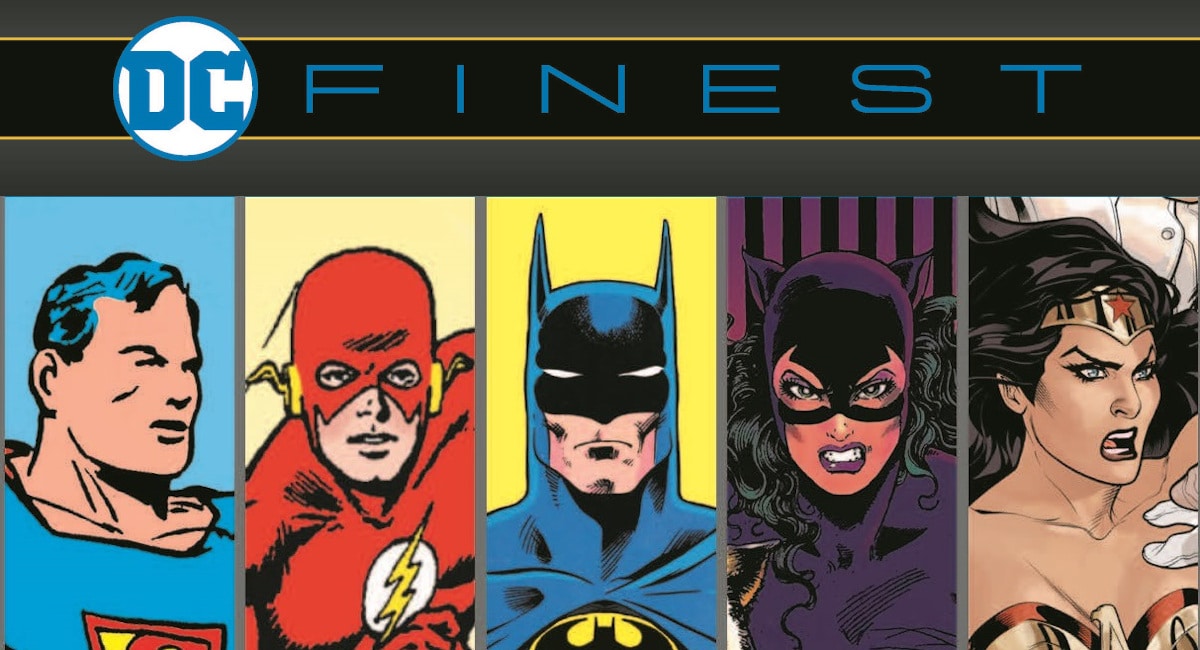
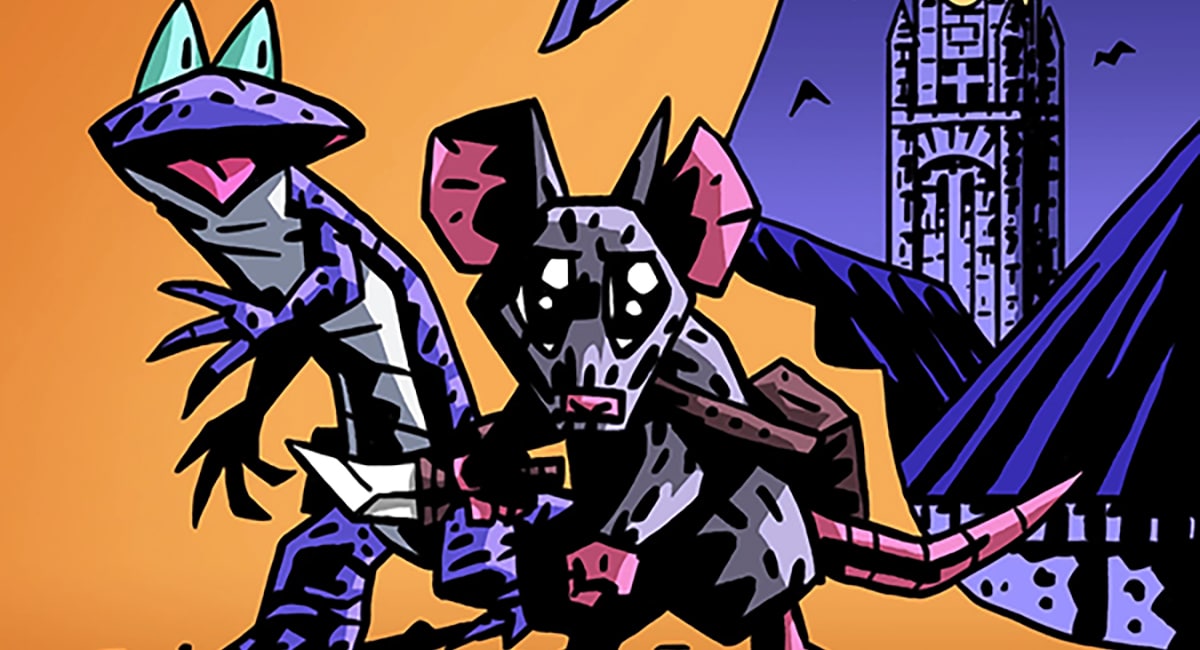
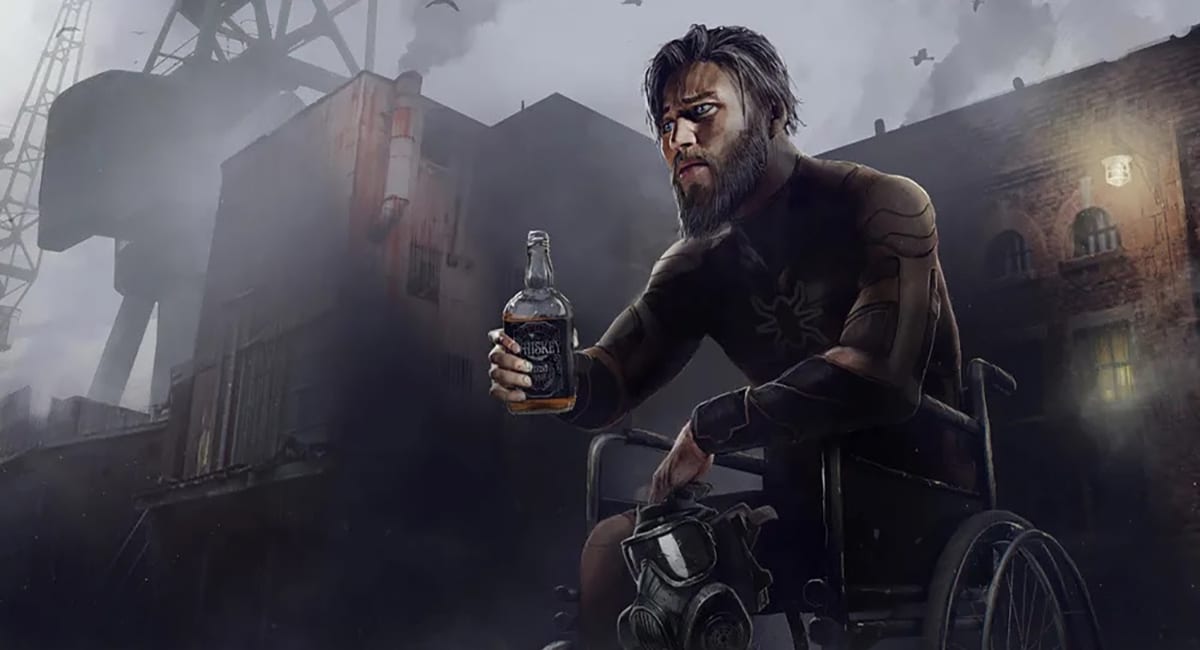
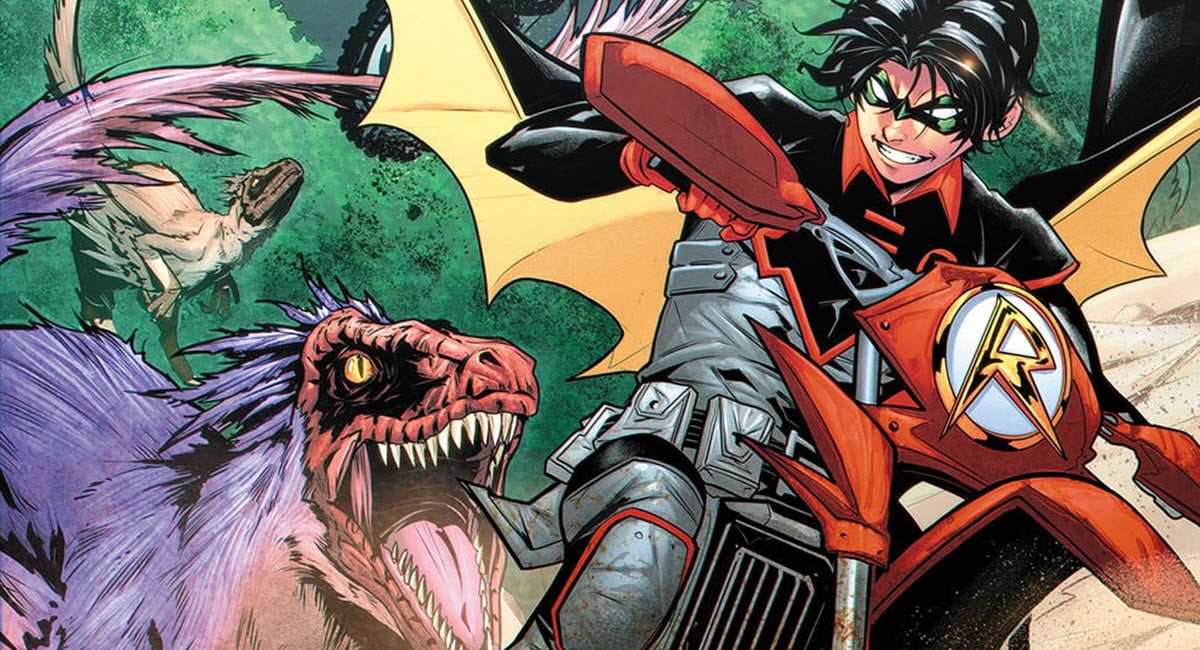

Are there comics that *must* be taught? I’d say no — the very ubiquity of the likes of Maus and Love and Rockets means that, sooner or later, anybody who’s interested in studying comics is going to learn about them. There’s a good reason they get so much attention, but man, there’s so much out there, and so much of it I don’t know anything about.
But hey, this list has plenty of those books on it, and it makes me interested in checking them out. I’d call that a win.
If I could nominate one title for inclusion on the list, it would be:
The Monster at the End of This Book: Starring Lovable, Furry Old Grover by Jon Stone and Michael Smollin.
https://youtu.be/_JVK0-4HQTY
Also, the Pogo collections by Walt Kelly, where the daily strips, like Superman, were re-edited into comic book pages.
I suspect that when we talk of a “comics canon”, comicstrips are usually overlooked.
As Tom Spurgeon put it, Collins list is certainly challenging. But I gave up long ago thinking any choices on lists like these are “right” or “wrong.” It’s not like Collins is dictating what books anyone can read, and you can look at a hundred lists like this and pick out the ones that speak to you.
On that note, I will say Gast did not speak to me. It was good, of course, but I just couldn’t get rapturous over it like I think every review I’ve seen of it did.
I would include Shaun Tan’s “The Arrival” in any great graphic novel canon. I noticed that no Eisner books made his list.
I would add Stuck Rubber Baby by Howard Cruse, because it’s really good and always seems to get overlooked.
One of the problems I have with lists like this is they end up ignoring demographics or being very lopsided towards one particular demographic (which is usually the reviewers).
Is an graphic novel aimed at adults inherently better than a children’s or all ages graphic novel? Sometimes lists like this come off that way by the exclusion of books like Bone or Smile.
Also I find people who read a ton of comics have their standards of what constitutes ‘excellent’ changed by the sheer volume of books they’ve read. They end up LOVING a book a general audience would find mediocre because it has something original in it. They’ve become unimpressed by seeing the same old, same old, even if it’s executed extremely well. Where as the general audience would much more enjoy a book that executed extremely well and aren’t so bothered that it follows a usual path because they don’t read that many comics and either it’s not that off putting or they haven’t experienced that particular path as a reader before.
My preference for these types of lists would have them broken down by genre/type or demographic. Best Kids Books, Best All Ages, Best Adult Comics and/or Best Non Fiction, Best Action/Adventure, Best Avant Garde, Best Humor, etc.. Even if it’s a top 5 or top 10. I think it would be more useful to the general audience as well as it gives them a variety of excellent books to choose from. I think this *ought* to be the purpose of these lists, instead of “here are my favourite comics, please read them and validate me.”
Well, I found that list very useful. I’ve read most of the books on Collins’ list, and I agree with him that they’re pretty spiffy. So I just bought the five books on his list that I haven’t read.
A pretty interesting list. I would have included BONE by Jeff Smith & including Dark Knight, Watchmen & Hellboy as “If you like Kirby you’ll like these” was clever.
Comments are closed.